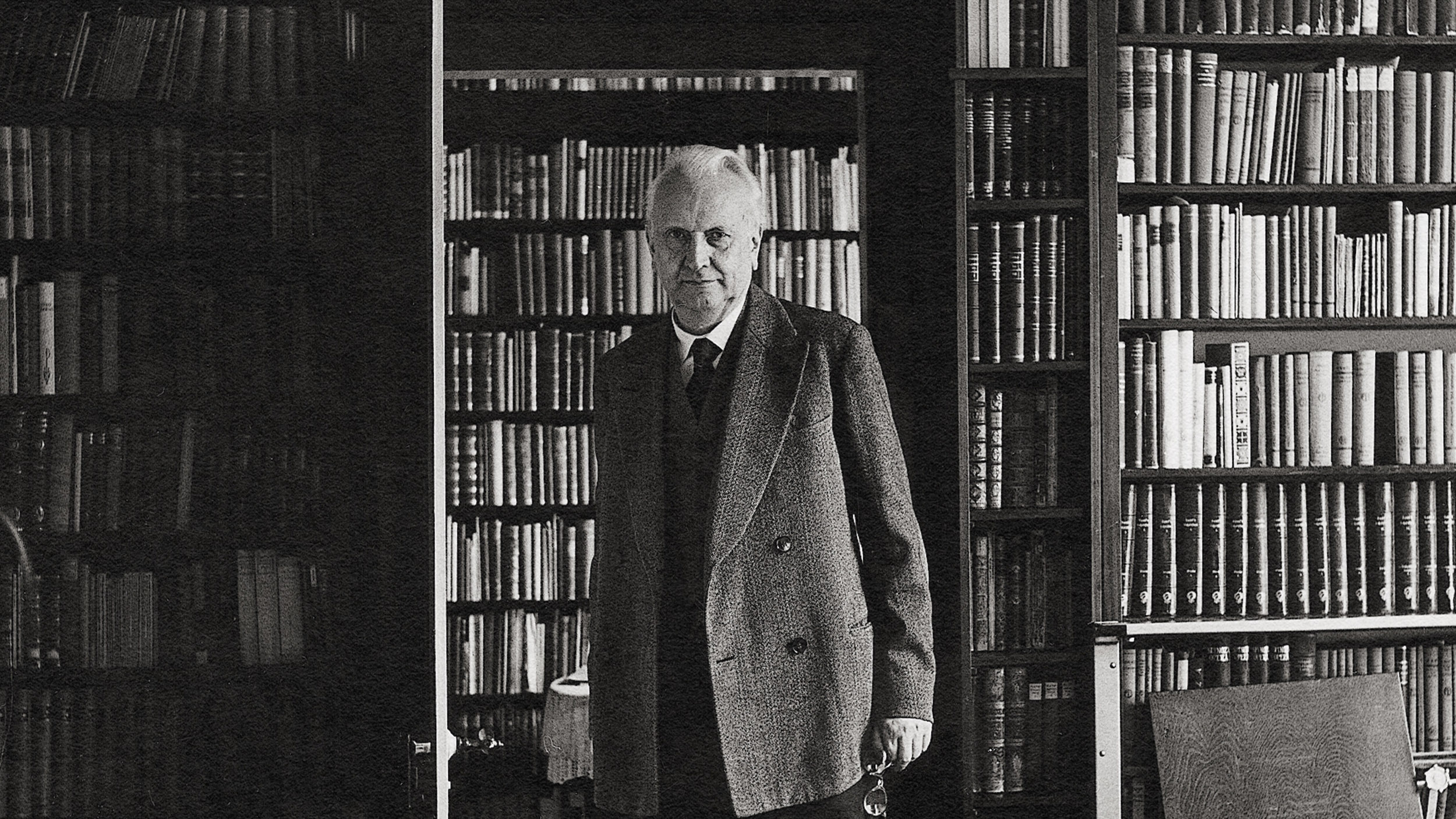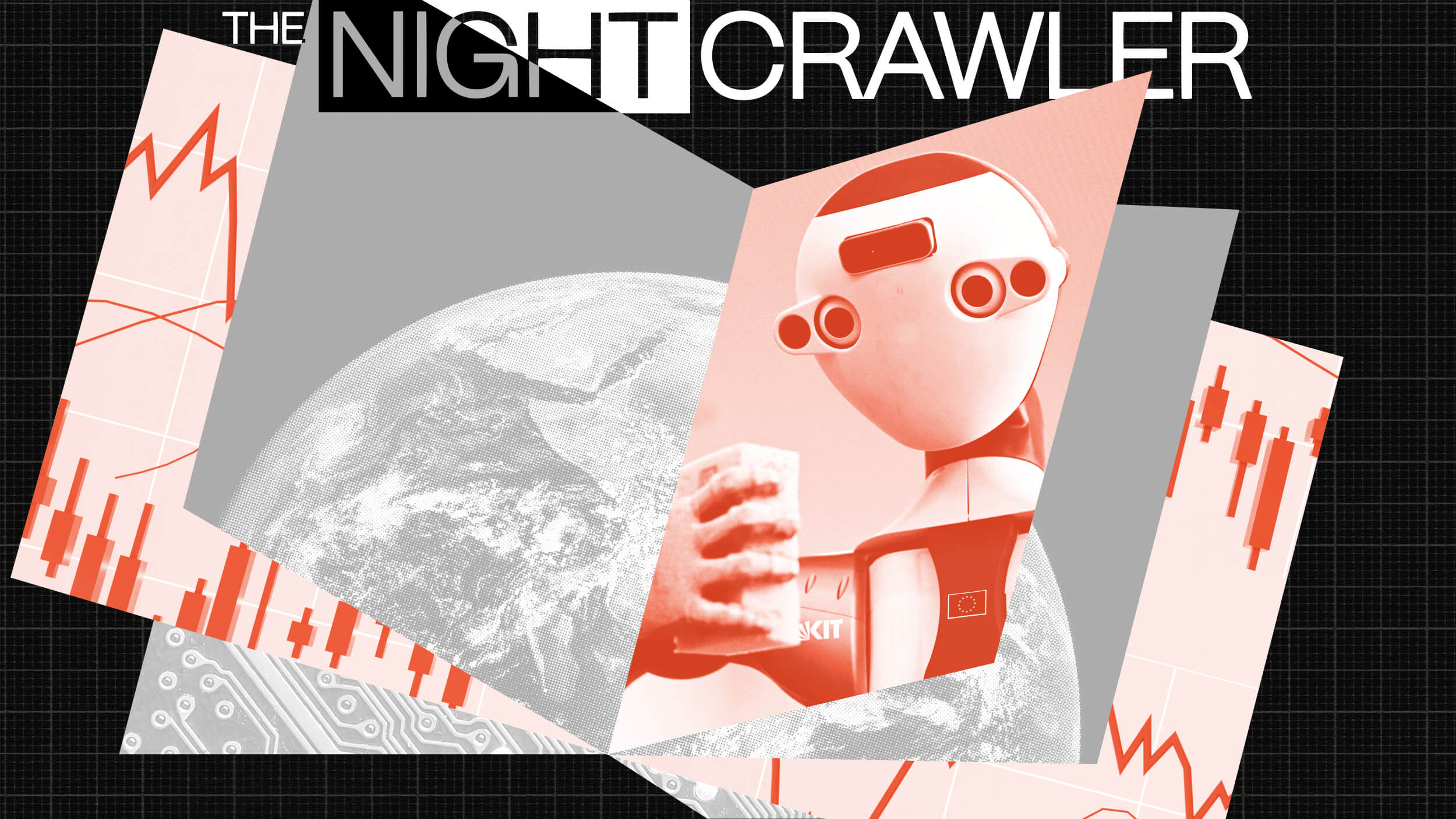Dennis Ross talks about the what and the how of diplomacy.
Question: What is “statecraft”?
Ross: Most times when you hear people use the word, they’re thinking about the tools of the trade. Your diplomatic tools; your economic tools, meaning the resources you have to affect the behavior of others; your military tools – your capacity to use coercion, threat of force, the application of force; your intelligence – the ability to identify threats, also to identify opportunities. Identifying opportunities and being able to act on them is a critical part of statecraft. I often say that timing is to statecraft what location is to real estate. If you miss an opportunity, when you’ve missed it, guess what? When you say, “Alright, now I’m prepared to go act on it,” well the circumstances have changed and you can’t. And our framing of issues – how we talk about issues; how we organize ourselves not only to talk about issues, but then to act on issues – all of these are tools of the trade. They are assets that a state may have to promote its interest or to protect its interest. But if all those tools are being used in the service of objectives that make no sense, you can be brilliant in terms of your implementation, but you’re acting on purposes that are nonsensical. So good statecraftis really a function not just of having the tools of the trade and knowing how to use them; but statecraft depends upon being able to identify the right objectives, have the right purposes. So this statecraft is both about what I would describe the “what” of foreign policy – what it ought to be and in the pursuit of what objectives – and the “how” to do it – how to bring all of your various assets and tools together. You’re trying to marry objectives and means.





